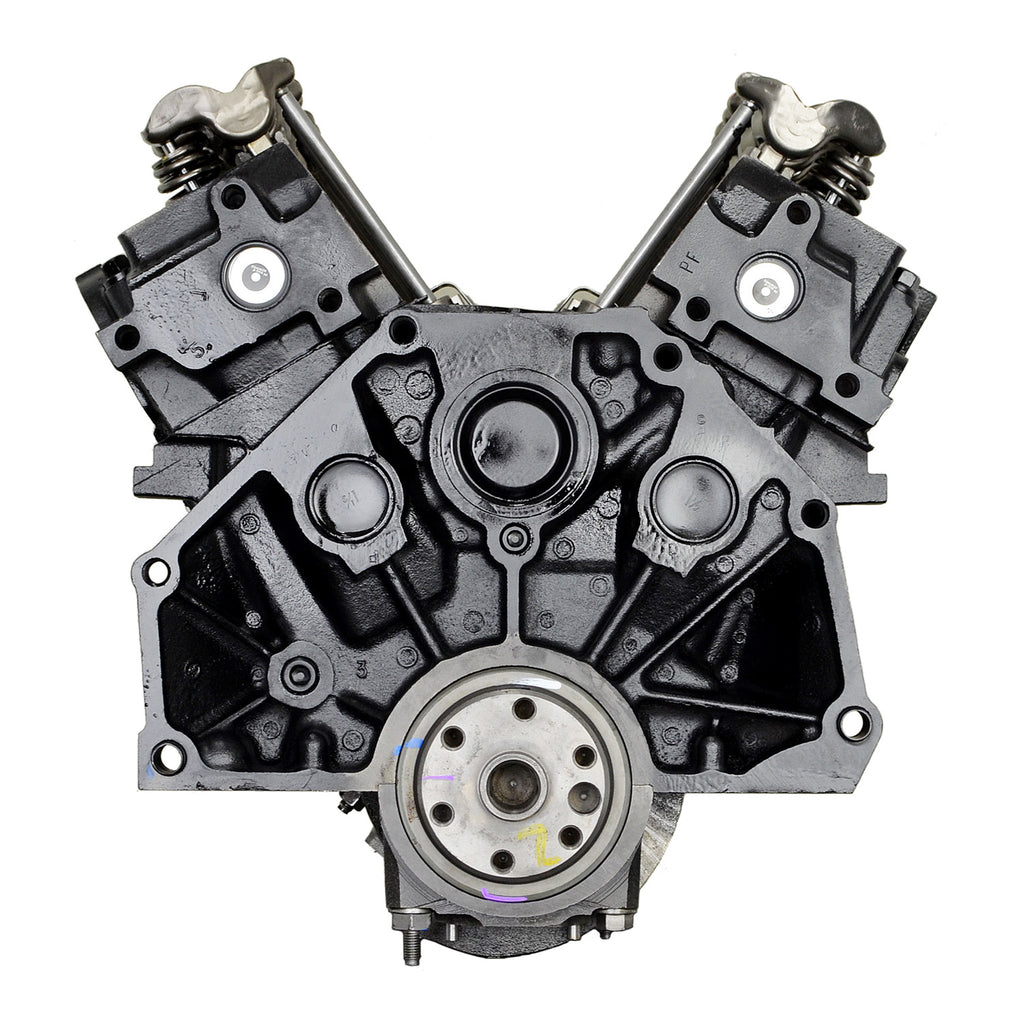What Makes a Cars And Truck Engine Run Efficiently: Leading Tips for Optimal Treatment
The smooth procedure of an auto engine is essential to both performance and durability, making optimum treatment an important duty for car owners. Trick practices, such as routine oil changes, preserving coolant degrees, and monitoring air filters, are crucial yet usually ignored. In addition, the importance of evaluating spark plugs and making sure correct tire pressure can not be underrated. Understanding just how these components adjoin can enhance not just the efficiency of your automobile yet additionally your overall driving experience. What specific actions should you focus on to ensure your engine continues to be in peak condition?
Regular Oil Adjustments
One of one of the most important elements of car maintenance is guaranteeing your engine receives normal oil changes. Engine oil lubricates internal parts, decreases rubbing, and assists preserve optimum operating temperatures. Gradually, oil degrades due to warm, pollutants, and the all-natural results of burning, leading to decreased performance and prospective engine damages.
A lot of suppliers recommend altering the oil every 5,000 to 7,500 miles, however this interval can vary based upon driving conditions and oil type. Artificial oils might allow for longer intervals between changes. Normal oil modifications not only boost engine efficiency yet also boost fuel performance, as tidy oil promotes smoother procedure.
Ignoring oil modifications can cause sludge accumulation, which impairs circulation and can bring about extreme engine concerns. It is important to check oil degrees on a regular basis and check for any type of unusual changes in shade or uniformity, which might indicate contamination or destruction.

Keeping Coolant Degrees
Preserving appropriate coolant degrees is crucial for avoiding engine overheating and guaranteeing optimum performance. The coolant, typically a mixture of water and antifreeze, flows with the engine, absorbing warm and stopping thermal stress and anxiety. Insufficient coolant can result in raised engine temperature levels, which may create severe damage and even complete engine failure.
To maintain ideal coolant levels, consistently examine the coolant tank, typically located in the engine bay. Guarantee the coolant is filled up to the recommended mark, as shown in your car's owner manual. It is advisable to examine the levels at the very least once a month or soon journeys, particularly during extreme climate condition.
If you notice that the coolant level is continually low, there might be a leak in the cooling system, which must be dealt with quickly to stop additional problems. 2.2 ford ranger engine. Additionally, flushing the coolant system every two to 3 years can assist remove any type of gathered particles and make certain reliable warm exchange
Checking Air Filters

It is advised to examine the air filter every 12,000 to 15,000 miles, read or more regularly if driving in damaging or dusty conditions. A straightforward aesthetic examination can typically reveal whether the filter is dirty or harmed. If the filter shows up blemished or has noticeable dirt accumulation, it must be changed immediately.
Utilizing a top quality air filter made for your details lorry version can further enhance engine performance. Additionally, some lorries might benefit from reusable filters that can be cleansed and re-installed, providing a environmentally pleasant and cost-efficient choice.
Inspecting Flicker Plugs
Ignition system are vital elements of a vehicle's ignition system, straight influencing engine efficiency and effectiveness. They develop the stimulate that fires up the air-fuel mix in the combustion chamber, assisting in the engine's power generation. Routine inspection of ignition system is critical for keeping optimal engine function and avoiding prospective concerns.
Dark residue or oil down payments can show inappropriate combustion, while a raw or white appearance might recommend overheating. Both conditions need prompt interest to prevent additional engine damage.
It's suggested to inspect ignition system every 30,000 miles, or as suggested in your lorry's owner handbook. In addition, consider changing them according to the producer's guidelines, as worn or old spark plugs can lead to misfires, minimized gas efficiency, and raised exhausts.
Tracking Tire Pressure
Ensuring proper tire stress is a critical facet of vehicle safety and efficiency. Under-inflated tires can lead to Check This Out reduced fuel performance, boosted tire wear, and endangered handling. Conversely, over-inflated tires can reduce grip and boost the danger of blowouts. Regular surveillance of tire pressure is important for optimum automobile operation.
Tire pressure must be checked at the very least when a month and soon journeys. Use a trusted tire pressure scale to measure the stress when the tires are cool, ideally before the automobile has actually been driven for a minimum of 3 hours. Refer to the car's proprietor guidebook or the placard situated on the driver's side door jamb for the producer's suggested stress degrees.
It is vital to note that why not find out more tire stress can change with changes in temperature; a decrease of 10 ° F can result in a 1-2 psi reduction in pressure. Additionally, aesthetically check tires for any type of indications of wear or damage throughout your monitoring routine. Preserving correct tire pressure not just enhances automobile safety but also boosts gas performance and lengthens tire life, inevitably adding to a smoother engine performance.
Conclusion
Finally, keeping an auto engine's smooth procedure needs diligent focus to several key variables. Regular oil changes, appropriate coolant levels, tidy air filters, well-maintained trigger plugs, and optimum tire pressure jointly add to boosted performance and longevity. Complying with these maintenance methods not only boosts gas efficiency yet likewise advertises a much safer driving experience. Inevitably, a positive approach to engine treatment is vital for guaranteeing integrity and functionality with time. 2.2 ford ranger engine.
One of the most critical aspects of auto upkeep is ensuring your engine gets regular oil changes. Engine oil lubricates internal parts, lowers friction, and helps keep ideal operating temperatures. Normal oil changes not just improve engine efficiency however likewise improve gas performance, as tidy oil promotes smoother procedure.
Inadequate coolant can lead to boosted engine temperatures, which might cause severe damage or even total engine failure.
